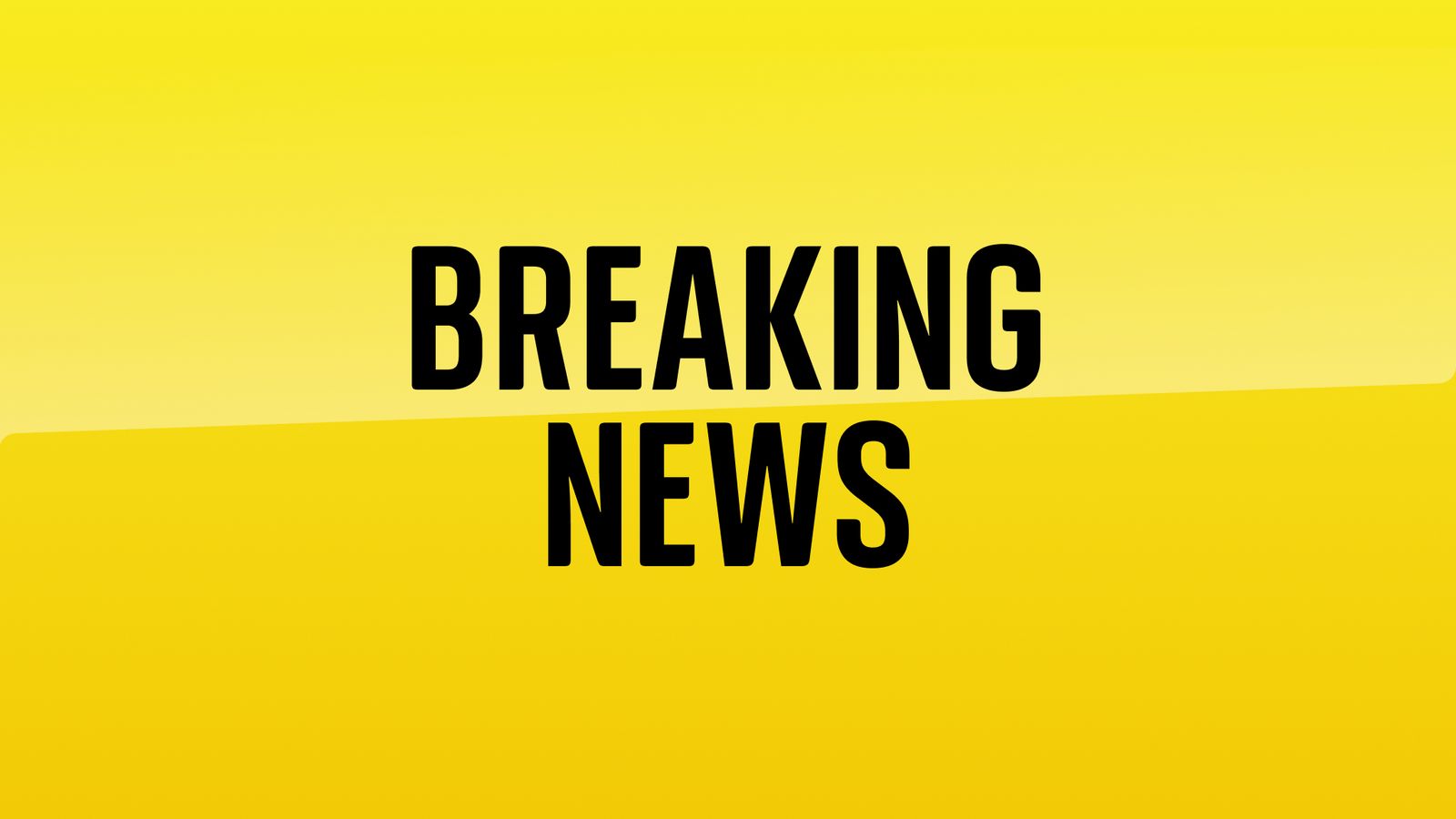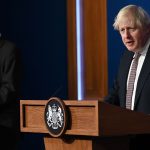The UK has further delayed implementing post-Brexit border controls on agri-food imports from the EU, blaming the pandemic for disrupting global supply chains.
A raft of changes to requirements for agricultural and food goods coming into the UK from the EU was due to come in from 1 October this year, or 1 January 2022.
However, the need for extra paperwork has now been delayed by either eight months or six months after already being pushed back from 1 April this year.
The requirements for pre-notification of sanitary and phytosanitary (SPS) goods – measures to protect humans, animals, and plants from diseases, pests or contaminants – will be delayed until 1 January 2022 instead of being required from 1 October this year.
Export health certificates will now be delayed until 1 July 2022, instead of from 1 October.
Phytosanitary certificates and physical checks on SPS goods at border control posts will also be delayed until 1 July 2022.
Safety and security declarations on imports will now be required from 1 July 2022 instead of 1 January 2022.
South London councils burn recycling waste as HGV driver shortage disrupts bin collections
Brexit: Northern Ireland could face ‘instability and uncertainty’ if deal is renegotiated, top EU official warns
HGV driving tests to be relaxed to help lorry driver shortages ahead of Christmas
However, full customs declarations and controls will still be introduced on 1 January 2022, as previously announced.
Brexit minister Lord Frost, who is negotiating with the EU, said: “We want businesses to focus on their recovery from the pandemic rather than have to deal with new requirements at the border, which is why we’ve set out a pragmatic new timetable for introducing full border controls.
“Businesses will now have more time to prepare for these controls, which will be phased in throughout 2022.
“The government remains on track to deliver the new systems, infrastructure and resourcing required.”
The Confederation of British Industry (CBI) said the delays would help relieve pressure on supply chains ahead of the Christmas period “especially given current headwinds” but called on the government to relax immigration rules.
Sean McGuire, CBI Europe director, said: “The impact will be fleeting unless that extra time delivers progress on the challenges firms are facing.
“That includes both sides giving fresh consideration to business’ suggestion for a bespoke veterinary agreement, which could avoid the majority of checks and reflect the unique nature of trade between the UK and the EU.
“And where supply bottlenecks are caused by labour shortages, the UK should use the immigration levers within its gift to alleviate short-term pressures.”
At the beginning of September, Marks & Spencer told suppliers it was “clear…that neither the UK government or EU member state authorities are going to be ready” for the changes on 1 October.
It warned of a “real danger of disruption and delay” at the UK border that would lead to “significant food waste across the sector, reductions in range and availability, and inflationary pressures”.
The supermarket and clothing giant said cumbersome paper-based checks already in place covering goods going from the UK to the EU did not work and were already taking their toll on supply chains in Ireland and Europe.
Brussels introduced border controls immediately after the transition period ended on 31 December 2020 but the UK chose to stagger the introduction of import checks on goods such as food to give businesses time to adapt.






















